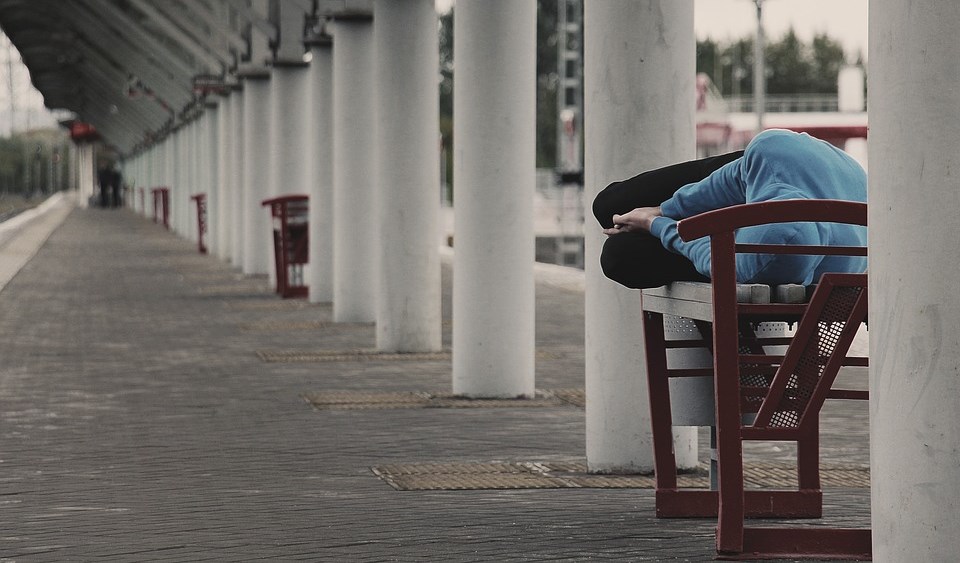
A hot breakfast is a big deal for those who visit the Whitechapel Centre, Liverpool’s leading homeless and housing charity.
Many people who use the centre are sleeping rough, and it gives them a chance to make a positive change and find a way out of homelessness. Whitechapel offers a wealth of services to help get people back on track, such as advice on housing and employment, and they also provide basic facilities – including a lovely hot breakfast.
A simple morning meal – which the centre provides every day – may not sound like much, but can really help. Being homeless already leads to increased levels of stress and anxiety, and being low on sustenance can make this state of mind even worse. It’s not just a myth that breakfast is the most important meal of the day.
Just providing some protein can help people feel more alert, calm and receptive. Better yet, a meal is a gesture of kindness that some vulnerable individuals haven’t experienced in some time. Post shower, breakfast and putting on some clean clothes, those that have dropped in may be more likely to open up and explain what their needs are.
And there’s another perk to this breakfast, and the other meals the centre provides throughout the day - it’s made with surplus food. Neighbourly has now redistributed over one million meals to charities like the Whitechapel Centre through its platform, with the scheme donating between 90,000 and 100,000 meals every month. Nearly 20% of the charities or groups picking up the food are homeless services.
Retailers like Marks and Spencer post their unsold food, allowing charities to choose what they need and then pick it up. Charities can also create alerts for particular items they need.
The White Chapel Centre picks up food everyday, with any excess being distributed further to other hostels and agencies.
Project lead for the White Chapel Centre, Sheila Farrelly, says she has good relationships with managers at the various stores. Each night’s surplus is different, she says – an example offering being fruit, bread, pastries and some tinned food – but whatever turns up, receiving the donation really makes a difference. “There isn’t always a budget for food,” Sheila explains. “It’s often last on the list… so any financial donations they can get they can use for something else.” Take the breakfast that the centre provides every morning. Even if you spent £30 a week on bread, that’s in the region of £1,500 a year, Sheila notes – and that doesn’t include fruit and other items.
And Sheila points out that the surplus they receive is “nice food”. Only a couple of weeks ago, she took some of the Marks and Spencer managers to meet some of lads at one of the hostels connected with the Whitechapel Centre, who shared how much they appreciated the food. Having a Marks and Spencer cake is a real luxury for those in hostels, says Sheila . “When they were living on the streets they were going through bins, and now they’re sitting back with a cup of coffee and a good quality pastry or a cake.”
And food is just the beginning – the centre wants to help people find a home and learn the life skills needed for independent living. But having a good meal is certainly an important step.
About Neighbourly
Neighbourly matches charity and community projects with people and companies that can donate time, money or surplus food.
Currently, the Neighbourly Food scheme sees between 90,000 and 100,000 meals donated per month.
Charities: join us! You can get your free project page started here
Businesses: email us about redistributing your surplus on hello@neighbourly.com